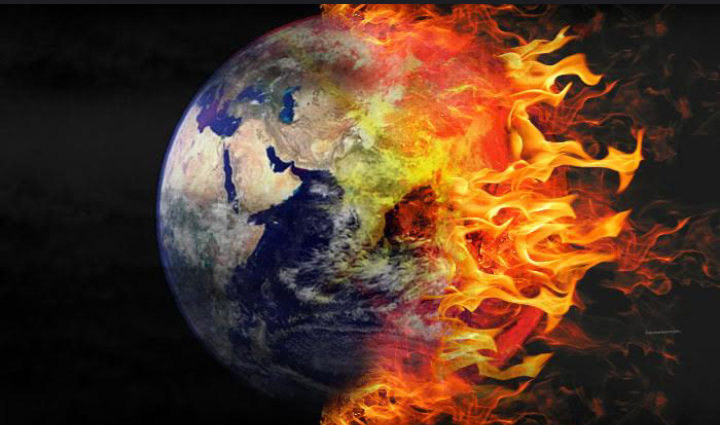Increasing carbon pressure on oceans may result into earth s sixth mass extinction by year 2100, a study done by the Massachusetts Institute of Technology (MIT) claims after analysing data from the last 540 million years. The study was conducted by Daniel H. Rothman, professor of geophysics at MIT s Department of Earth, Atmospheric and Planetary Sciences.
Thresholds of catastrophe in the Earth system was published in the international scientific journal Science Advances which identified "thresholds of catastrophe" in the carbon cycle that, if exceeded, would lead to an unstable environment, and ultimately, mass extinction.
The last such event occurred about 66 million years ago that wiped out some three-quarters of the plant and animal species on Earth.
Researchers predict that given the recent rise in carbon dioxide emissions over a relatively short timescale, a sixth extinction will depend on whether a critical amount of carbon is added to the oceans.
Rothman derived a simple mathematical formula based on basic physical principles that relates the critical rate and magnitude of change in the carbon cycle to the timescale that separates fast from slow change.
He hypothesised that this formula should predict whether mass extinction, or some other sort of global catastrophe, would occur.
Rotham identified 31 events in the last 542 million years in which a significant change occurred in Earths carbon cycle.
For each event, including the five previous mass extinctions, Rothman noted the change in carbon, expressed in the geochemical record as a change in the relative abundance of two isotopes, carbon-12 and carbon-13. He also noted the duration of time over which the changes occurred.
He then devised a mathematical transformation to convert these quantities into the total mass of carbon that was added to the oceans during each event. Finally, he plotted both the mass and timescale of each event.
That amount, calculated, is about 310 gigatons, which the researchers estimate to be roughly equivalent to the amount of carbon that human activities will have added to the worlds oceans by the year 2100.
"It would take about 10,000 years for such ecological disasters to play out. However, by 2100 the world may have tipped into unknown territory," said Rothman.
"This is not saying that disaster occurs the next day. It is saying that, if left unchecked, the carbon cycle would move into a realm which would be no longer stable, and would behave in a way that would be difficult to predict," Rotham added. "In the geologic past, this type of behaviour is associated with mass extinction," he said.
Authors get paid when people like you upvote their post.
If you enjoyed what you read here, create your account today and start earning FREE STEEM!
If you enjoyed what you read here, create your account today and start earning FREE STEEM!
Hi! I am a robot. I just upvoted you! I found similar content that readers might be interested in:
http://www.india.com/news/world/earth-may-witness-sixth-mass-extinction-by-2100-study-2489548/
Downvoting a post can decrease pending rewards and make it less visible. Common reasons:
Submit